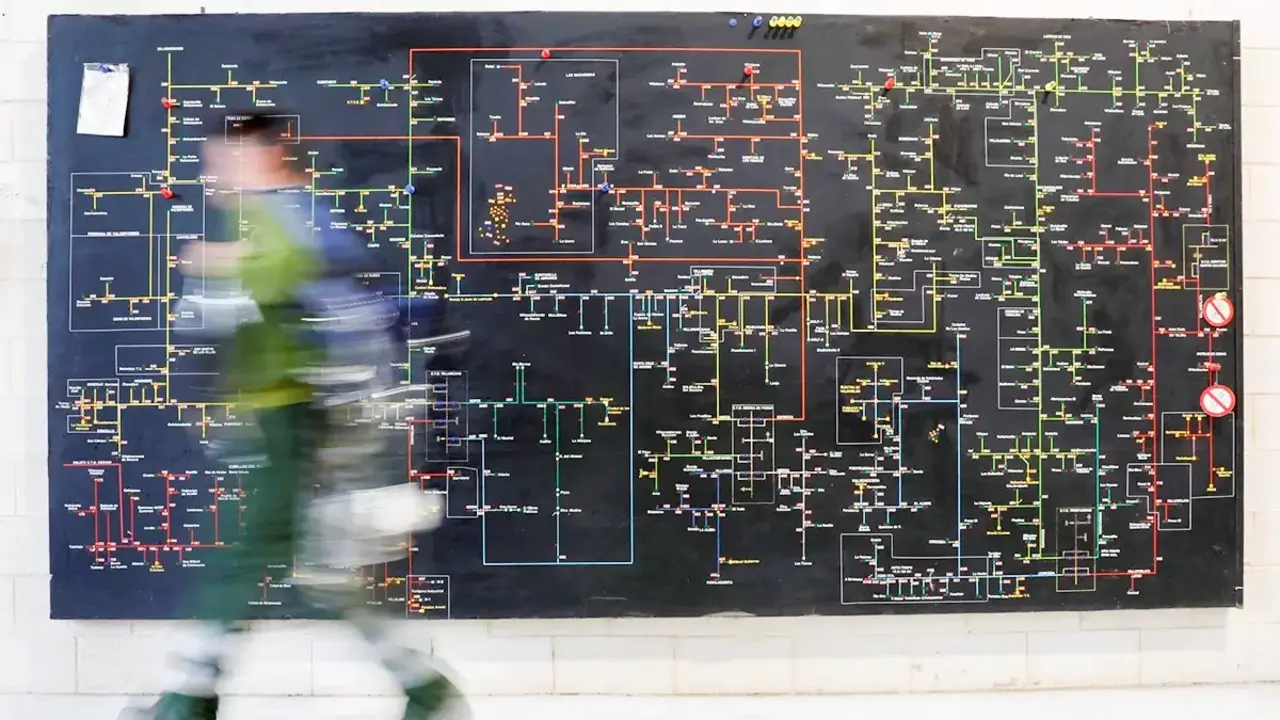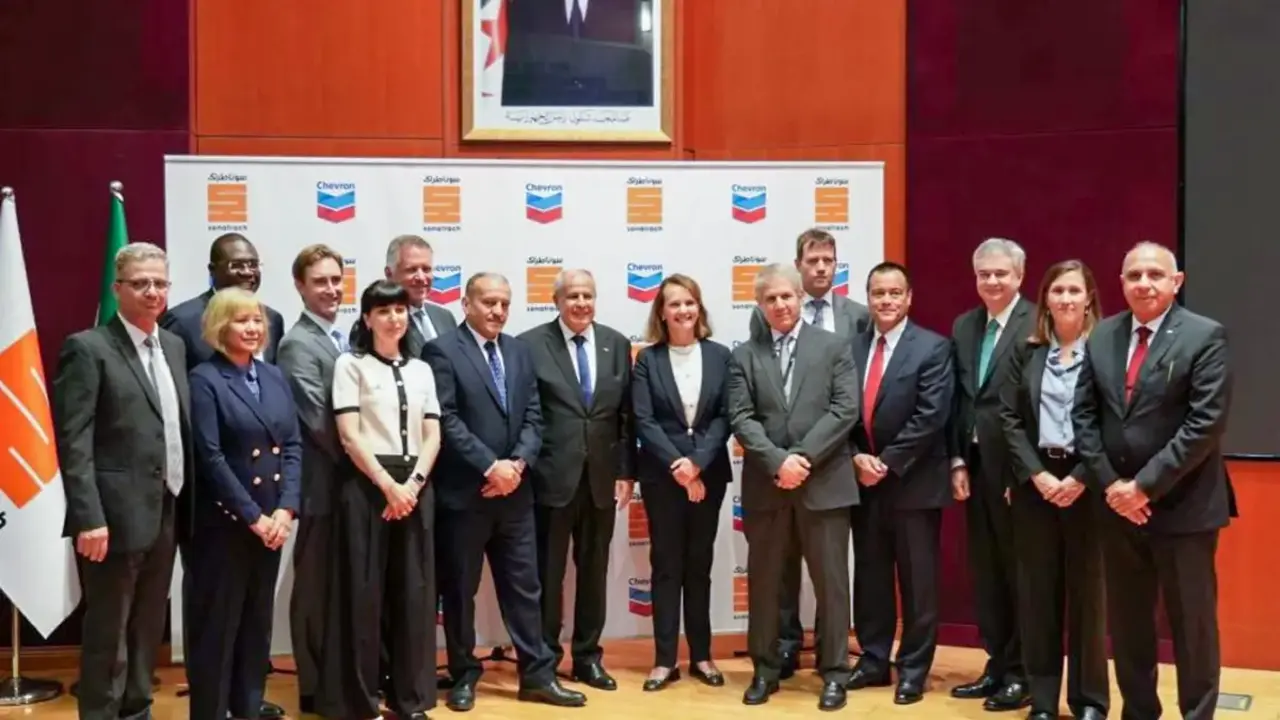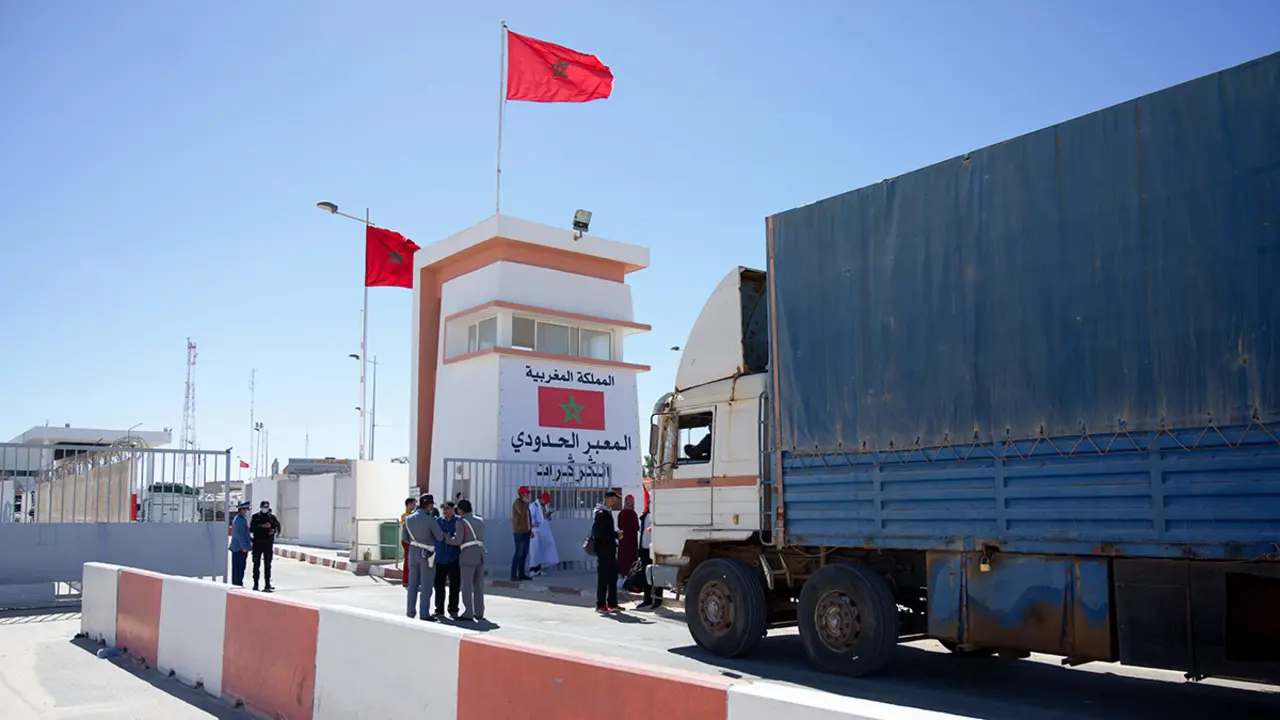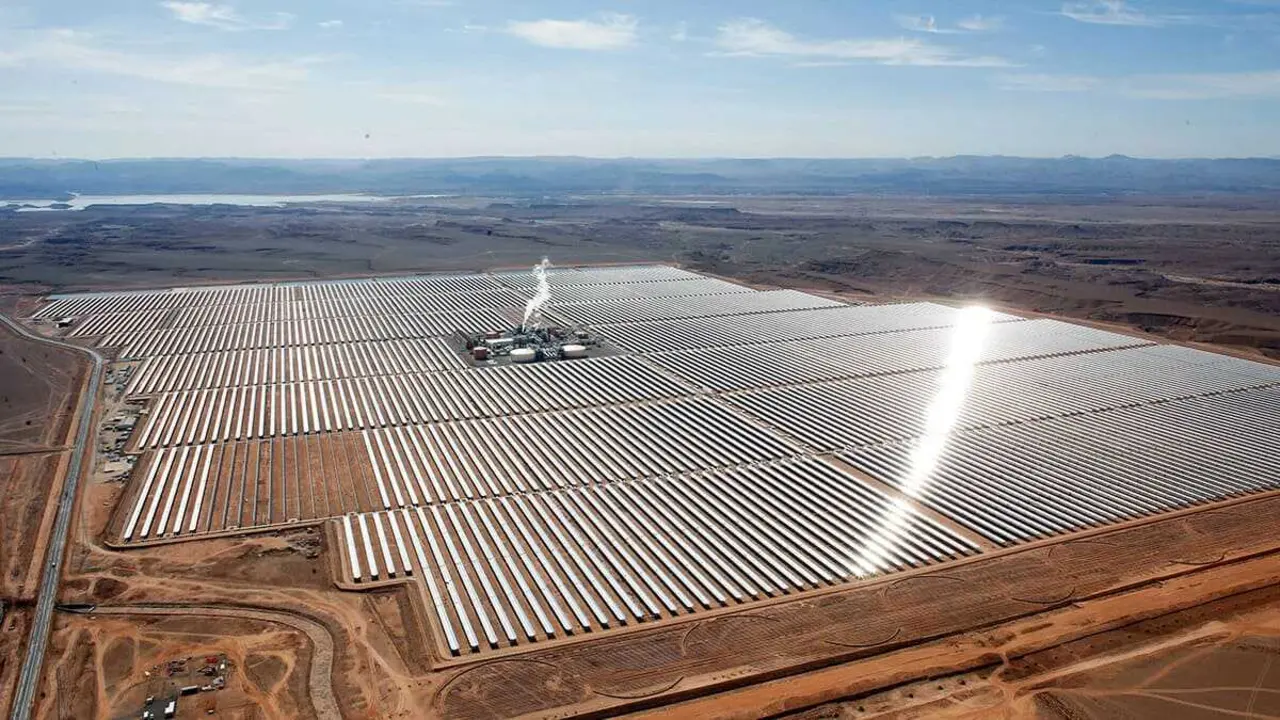Marruecos: la mejor opción para las mujeres que desean emprender en el norte de África

Morocco has made significant strides to improve opportunities for women in the labour market. This includes the adoption of a number of laws and policies aimed at promoting gender equality and women's participation in the labour market. These laws relate to equal pay, protecting the rights of working mothers and encouraging women's participation in the private sector. In addition, the government has developed programmes to provide counselling and training for women to encourage their participation. These efforts have contributed to Morocco's score of 75.6 out of 100 in providing welcoming business and legal environments that allow women equal opportunities in the labour market. These measures have enabled the North African country to improve its position compared to other countries in the region, although there is still much to be done to achieve gender equality.
The World Bank has published a report showing that Morocco is the North African country with the best business and legal environment for women. The country scored 75.6 out of 100, meaning that there are favourable legal and business conditions that allow women equal opportunities.

Morocco scored 70.1 on the Human Development Index (HDI) according to the World Bank (WB) report, placing it above other countries in the region such as Tunisia (64.4), Algeria (57.5) and Egypt (50.6). This indicates that Morocco has achieved a higher level of human development than other countries.
The publication "Women, Business and the Law 2023" reviews legislation in 190 countries to examine the impact of property rights, investment and access to finance on women's ability to start and operate businesses. The results show that countries with better designed laws have a higher rate of female entrepreneurs. In addition, legislation under the 2023 Act has contributed to reducing the gender gap in land ownership in many countries. The study concludes with the recommendation that governments around the world continue to modernise laws and implement a judicial system that recognises women's rights to own, invest and finance.
The scores assigned to countries reflect legislation affecting women in eight important areas. These include mobility, workplace, pay, marriage, maternity, entrepreneurship, assets and pensions. These scores help to assess the levels of gender equality in different countries around the world.

Morocco has achieved full gender equality in terms of mobility, workplace and entrepreneurship legislation, scoring 100 in all three areas. However, in the remaining four metrics, covering salary, marriage, assets, pensions and parenthood, the country scored lower. These scores were 50, 60, 40, 40, 75 and 80 respectively.
Despite Morocco's progress on gender equality, the World Bank notes that the MENA region still ranks at the bottom of the world in terms of gender equality, with an average country score of only 53 out of 100.
The future for women entrepreneurs in Morocco is promising. With government support and economic growth, these women are in an ideal position to exploit these new opportunities to turn their ideas into reality. Morocco offers an ideal platform for North African women entrepreneurs to be successful, bring about positive social change and follow through on their dreams.








